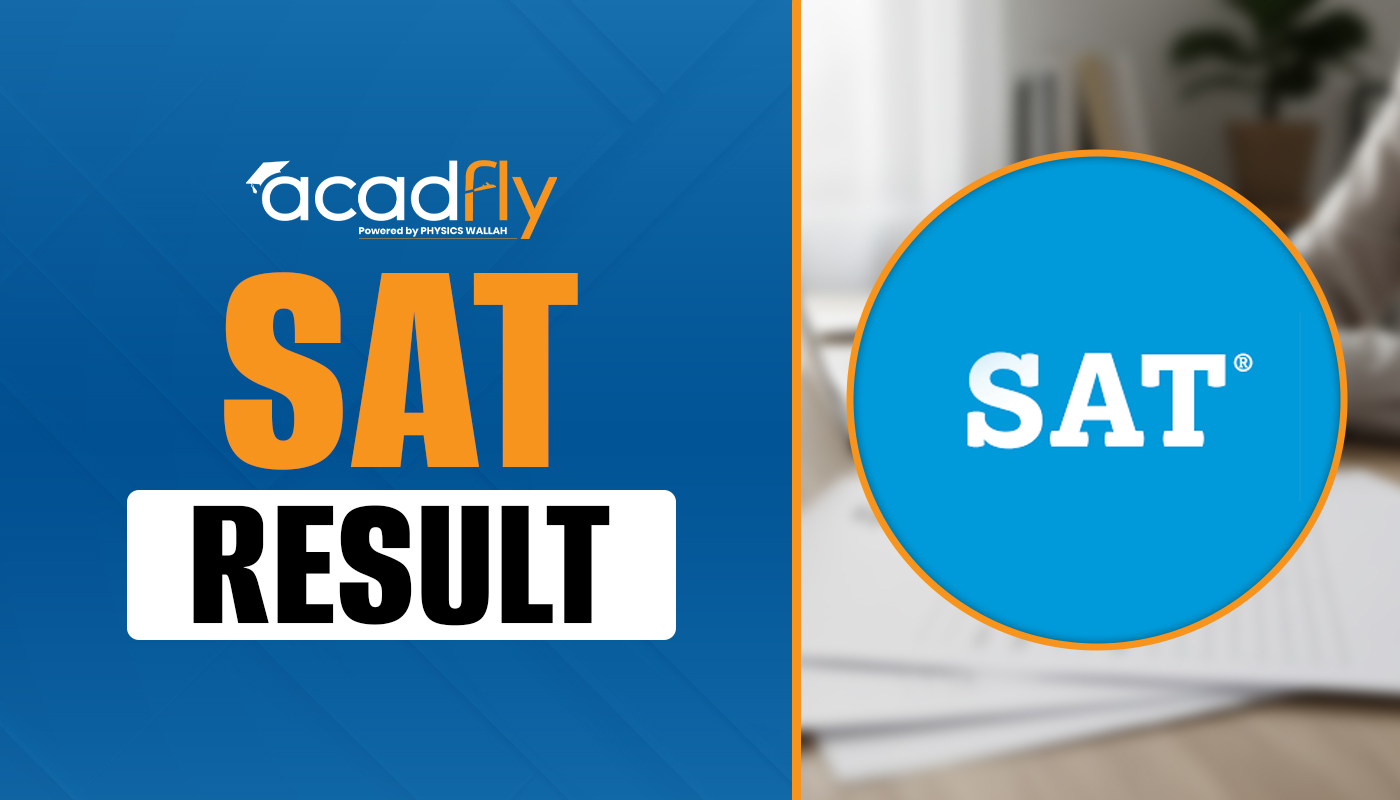
Embarking on the journey towards an MBA is an exciting endeavor, and one of the critical milestones in this pursuit is the B-School interview. After successfully tackling the GMAT, prospective candidates must now prepare for the interview process, a crucial step that can significantly impact admission decisions. In this guide, we will explore various aspects of preparing for an MBA college interview, including common questions, effective responses, and strategies for success.
Also Read: GMAT 2025 complete overview
Understanding the MBA College Interview:
The interview is an integral part of the MBA admission process, offering a chance for the admissions committee to gain insights beyond the candidate's application and test scores. It is an opportunity for applicants to showcase their personality, communication skills, and suitability for the program.
Common MBA College Interview Questions:
-
Tell Me About Yourself:
-
This question is often the opening gambit in MBA interviews. Craft a concise yet compelling narrative that highlights your academic and professional journey, key accomplishments, and what led you to pursue an MBA.
-
Why Should We Select You?
-
This question probes into what sets you apart from other candidates. Tailor your response to showcase your unique skills, experiences, and how they align with the values and objectives of the MBA program.
-
Why MBA from This College?
-
Demonstrating genuine interest and knowledge about the specific MBA program is crucial. Discuss the unique features, faculty, and opportunities the school offers, aligning them with your career goals.
-
MBA College Interview Questions and Answers for Freshers:
-
Freshers may face questions related to their academic background, internships, and extracurricular activities. Emphasize how these experiences have prepared you for the challenges of an MBA.
-
MBA College Interview Questions and Answers for Experienced Professionals:
-
Experienced professionals may encounter questions about leadership, team management, and industry-specific challenges. Showcase your achievements, leadership roles, and how your experience brings value to the MBA cohort.
Preparing Responses:
-
Research the MBA Program:
-
Thoroughly research the program, faculty, and unique aspects of the B-School. Tailor your responses to reflect a genuine interest and alignment with the values of the institution.
-
Practice Mock Interviews:
-
Conduct mock interviews with peers, mentors, or career advisors. Practice answering common questions with poise, ensuring your responses are clear, concise, and impactful.
-
Reflect on Your Experiences:
-
Anticipate questions based on your resume and experiences. Reflect on challenges faced, lessons learned, and how these experiences have shaped your desire to pursue an MBA.
-
Develop a 30-Second Elevator Pitch:
-
Craft a succinct elevator pitch that encapsulates your professional journey, key achievements, and aspirations. This serves as an effective response to the "Tell Me About Yourself" question.
During the Interview:
-
Project Confidence:
-
Maintain eye contact, display good posture, and speak with confidence. Projecting a sense of assurance can leave a positive impression on the interviewer.
-
Active Listening:
-
Pay close attention to the interviewer's questions. Respond thoughtfully, ensuring that your answers directly address the query.
-
Ask Questions:
-
Prepare insightful questions about the MBA program, faculty, or career services. This demonstrates genuine interest and engagement with the school.
Also Read: How to pursue an MBA in USA without GMAT
Conclusion:
Preparing for an MBA college interview is a meticulous process that involves thoughtful reflection, strategic preparation, and effective communication. By anticipating common questions, developing tailored responses, and showcasing genuine interest in the MBA program, candidates can approach the interview with confidence, increasing their chances of securing admission to their desired B-School. Remember, the interview is not only an evaluation but also an opportunity for candidates to align their aspirations with the ethos of the institution and present themselves as valuable contributors to the MBA community.
How to prepare for a B-School Interview FAQs
How should I start preparing for a B-School interview after the GMAT?
What kind of questions are usually asked in B-School interviews?
How important is it to research the school before the interview?
Should I practice with mock interviews?
Will my GMAT score or academics come up in the interview?









